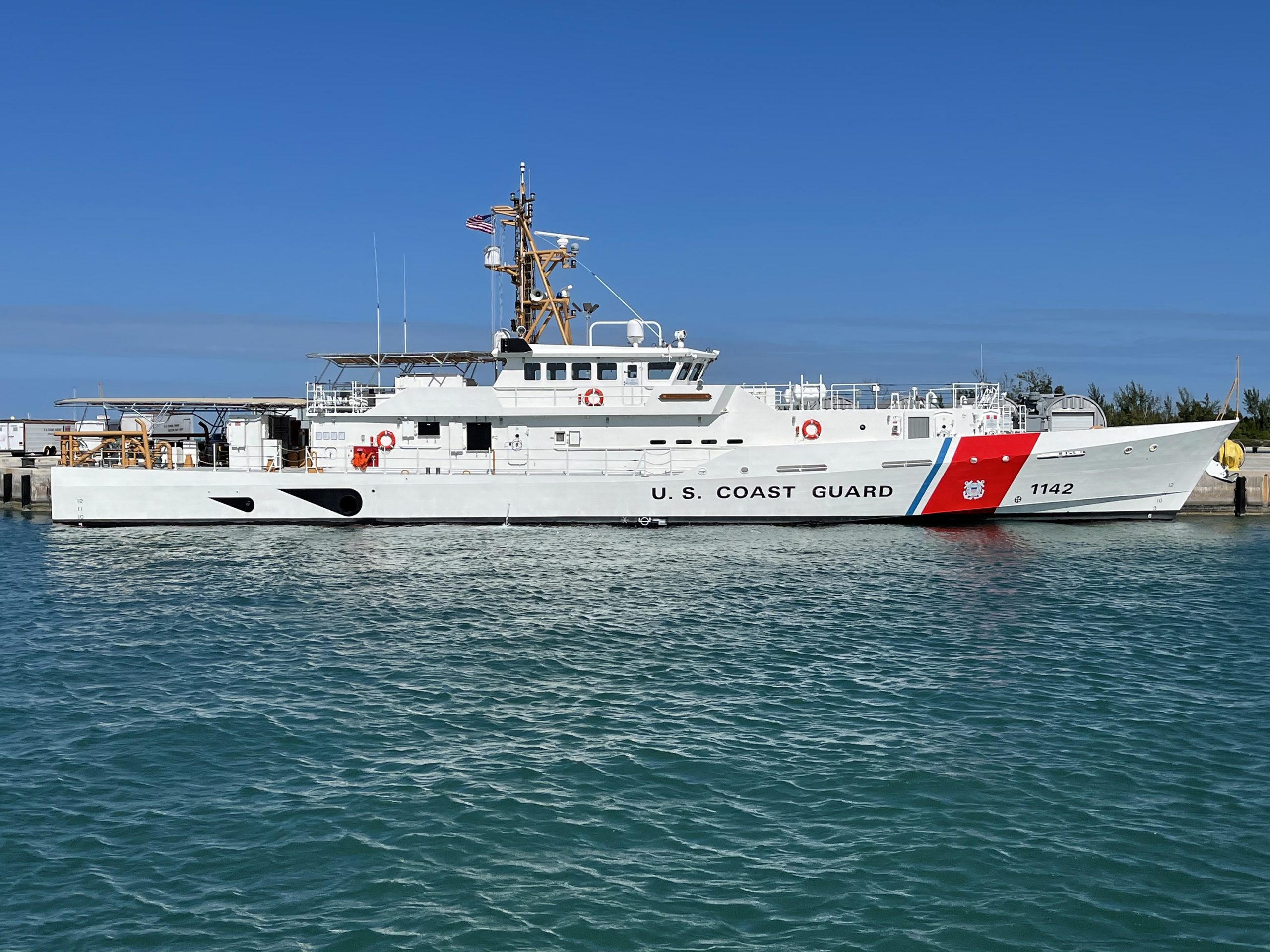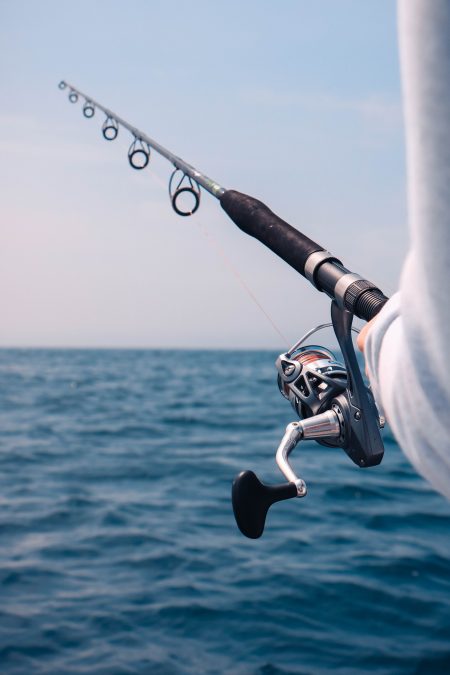
Bollinger Shipyards delivers 42nd Fast Response Cutter Strengthening Defense Capabilities in the Arabian Gulf
December 21, 2020
TGMC awarded Safety Star Award for Patient Safety
December 21, 2020U.S. Congressman Garret Graves (South Louisiana) released the following statement after his bill, the DESCEND Act, passed the U.S. Senate and is now headed to the president’s desk. The legislation will help to improve fishing opportunities by increasing fish populations in the Gulf of Mexico. It is estimated that over half a million red snapper are killed each year in the Gulf due to barotrauma (reeling in fish from deep waters causes rapid pressure changes – killing fish). Due to strict fishing seasons and a two-fish limit, anglers are required to throw fish caught out of season or over limits back into the water – resulting in hundreds of thousands of dead fish annually.
Proven conservation measures utilizing descending devices or venting tools significantly improves the survivability of these reef fish. The law, together with ongoing efforts, will help make the devices available to commercial and recreational anglers and increase their use.
“In 2016, we won the battle to wrestle control of flawed red snapper management from the federal government. We now have better fish management, better access to fishing and improved economic activity. The Modern Fish Act, our bill to require the inclusion of recreational fisheries and better data in fish management practices, became law in 2018. Now, with the DESCEND Act, we are going to see more fish, more fishing opportunities in the Gulf, more tourism and better sustainability of our fisheries. This is a win-win for conservation and good eating. I appreciate all of the support and hard work of the Coastal Conservation Association, American Sportfish Association, Center for Sportfishing Policy, TRCP and all the anglers out there that are the true conservationist that want to ensuring fishing opportunities for generations to come. We’ve created a foundation for successful state management of the species through our previous legislation and the unanimous approval in the Senate is reflective of the progress we have made. I look forward to seeing this bill signed into law and our anglers getting to spend more time on the water,” Graves said.
Before passing the U.S. House in October, the Direct Enhancement of Snapper Conservation and the Economy through Novel Devices (DESCEND) Act of 2019 passed out of the U.S. House Natural Resources Committee on March 11, 2020 and passed out the U.S. House Subcommittee on Water, Oceans, and Wildlife on January 14, 2020.
The legislation is supported by the Gulf States Marine Fisheries Commission and many stakeholders in the recreational fishing and boating community.
Graves’ Red Snapper Efforts:
On September 11, 2020, Graves joined colleagues in asking U.S. Department of Commerce Secretary Wilbur Ross to fully equip the Gulf States with more science and independent data to improve management of this species so we don’t lose ground on the success we’ve made in conservation efforts.
In April 2019, Graves released a statement following the Gulf of Mexico Fishery Management Council voting to allow state management of Recreational Red Snapper for Private Anglers. In 2018, Graves had introduced the Modernizing Recreational Fisheries Management Act, a bill designed to provide resource managers with more flexibility compared to the previous system. Through months of hard work and grassroots advocacy, the Modern Fish Act passed the House of Representatives and was signed into law by President Trump, setting the stage for Reef Fish Amendment 50 to keep the momentum going.
In December 2017, Graves advanced legislation through the House Natural Resources Committee that would give normal, everyday Americans who like to fish better and more sustainable access to saltwater fishing compared to the current, highly restrictive and outdated federal fisheries management model. His bipartisan bill – the “Regionally Empowered Decision-making for Snapper, Noting the Angling Public and the Preservation of an Exceptional Resource Act”, the “RED SNAPPER Act of 2017” – is a conservation-based approach that will allow states to work with federal fisheries managers to expand access for recreational fishing to 25 miles or to a depth of 150 feet into the Gulf of Mexico. Graves and Congressman Cedric Richmond (D-LA) introduced the bill earlier that year to provide a long term solution to management of red snapper for private recreational anglers in the Gulf.
Graves previously introduced H.R. 3094, “The Gulf States Red Snapper Management Authority Act”, a bipartisan solution that highlights how states are in a position to immediately put into practice management approaches that correct federal missteps and use the best available science and data to conservatively manage this iconic Gulf fish.
In 2015, Graves secured an inclusion of an of an important red snapper management provision in the Fiscal Year 2016 omnibus appropriations bill. The provision marked substantive progress on the Graves-led effort in the House to improve management and increase recreational access to the Gulf red snapper fishery.
Feature photo by Mathieu Le Roux.








